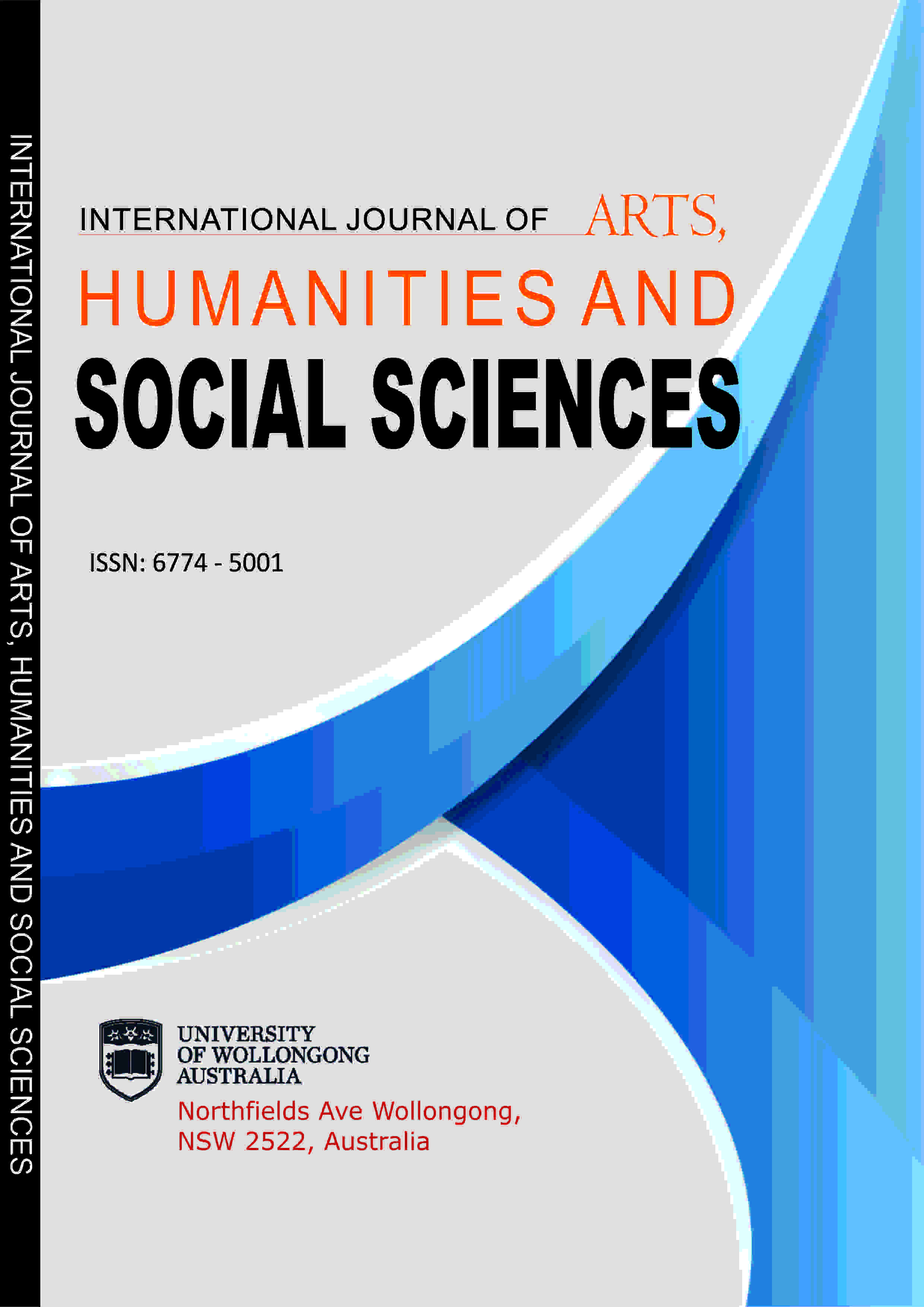INTERNATIONAL JOURNAL OF ARTS, HUMANITIES AND SOCIAL SCIENCES (IJAHSS)
ASSESSING THE QUALITY OF ONLINE LEARNING: A COMPARATIVE ANALYSIS OF DIFFERENT MODELS AND DELIVERY MODES
E-ISSN: 2579-048X
P-ISSN: 6774-5001
DOI: https://iigdpublishers.com/article/316
This qualitative inquiry seeks to gauge the success of diverse internet-based learning platforms and modes of delivery on student results. The investigation commences with a comprehensive review of literature, considering key elements such as pedagogical layout, technology assimilation, and support services for
learners that foster an increase in the caliber of digital schooling. Making use of qualitative approaches, this study amasses perspectives from both students and educators via interviews and discussion groups to comprehend their respective experiences and viewpoints pertaining to varied e- learning techniques. The
results underscore strengths and weaknesses present within asynchronous, synchronous, and hybrid learning methods while emphasizing the importance of ongoing enhancement in the sphere of online education. This scholarly investigation offers critical enlightenments for academic professionals and decision-makers aiming at amplifying internet-based educational initiatives thereby guaranteeing a profound impact on each student's scholastic progression.
Walid Salameh
Ally, M. (2016). Foundations of Educational Theory for Online Learning. In T. Anderson (Ed.), The
Theory and Practice of Online Learning (2nd ed., pp. 15-44). AU Press, Athabasca University.
Arbaugh, J. B., & Benbunan-Fich, R. (2006). An investigation of epistemological and social dimensions of teaching in online learning environments. Academy of Management Learning & Education, 5(4), 435-447.
Chen, B., & Jones, N. (2018). Exploring the impacts of a hybrid professional development program on
instructors' teaching in higher education. The Internet and Higher Education, 36, 48-58.
Conrad, D., & Openo, J. (2021). The Theory and Practice of Online Learning (3rd ed.). Athabasca
University Press.
Cook, D. A. (2020). Twelve Tips for Effective Online Learning: A Primer for Medical Students. Medical Teacher, 42(11), 1204-1208.
